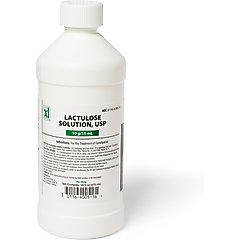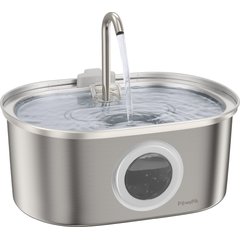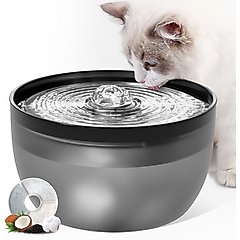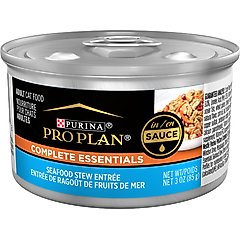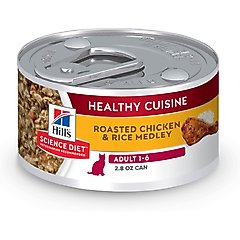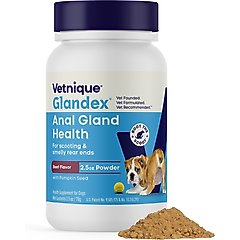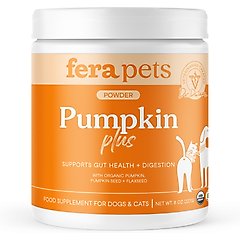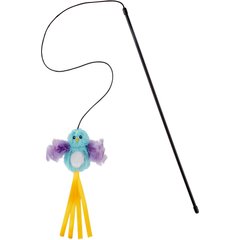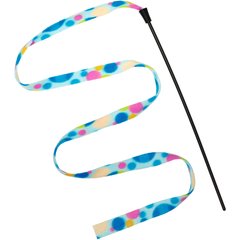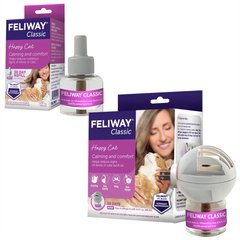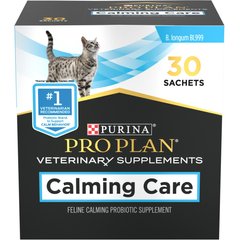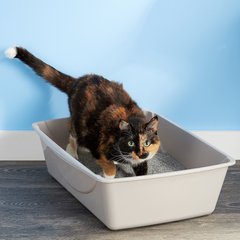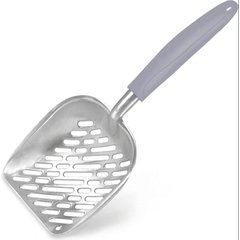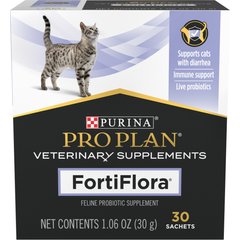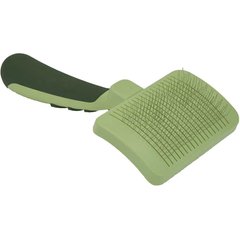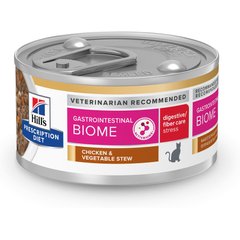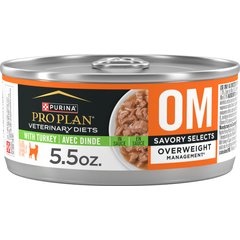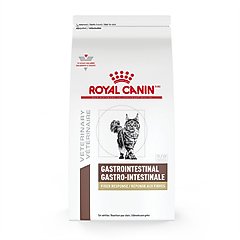How To Help a Constipated Cat
If you’ve ever wondered how to help a constipated cat, you’re not alone. Cat constipation is a fairly common issue, particularly in those 7 years and older, and it can leave your feline friend feeling uncomfortable or even in pain.
While an occasional missed bowel movement may not be cause for alarm, ongoing constipation can lead to serious health concerns. Knowing when to seek veterinary care—as well as what safe, at-home steps you can take under your vet’s guidance—can make a big difference in your cat’s comfort and well-being.
Key Takeaways
- Cat constipation is common, especially in cats over 7 years old, and can cause discomfort if not addressed promptly.
- Veterinary care is essential if your cat hasn’t had a bowel movement in 48–72 hours or shows signs of pain, lethargy, or vomiting.
- Simple steps like ensuring hydration, adjusting diet, and managing stress may help relieve mild constipation—but only under a vet’s guidance.
Treating Cat Constipation
Treating constipation in cats at home is not recommended because of the potential for a more severe and urgent underlying cause (chronic diseases like hyperthyroidism, diabetes, or kidney disease). Always take your cat to the vet if you believe something is wrong.
Cat Constipation Remedies From the Vet
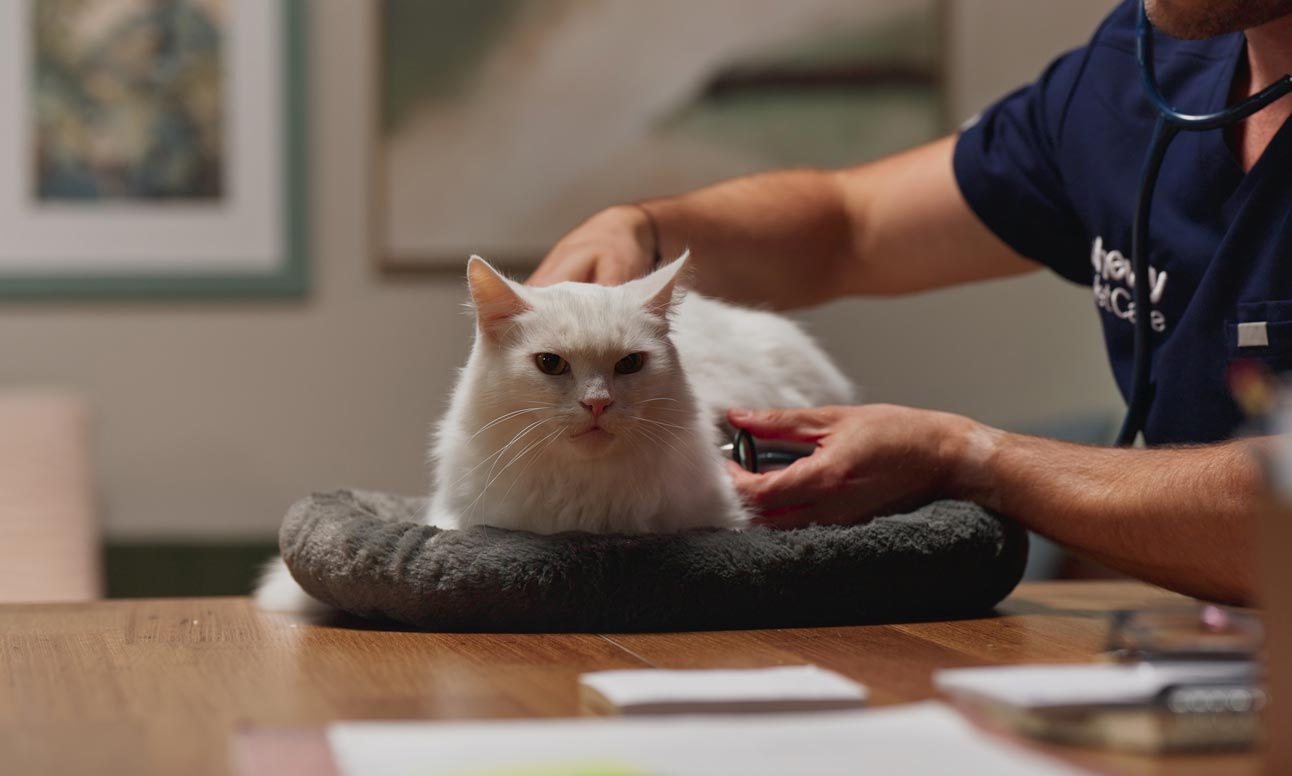
Photo by Chewy
Medical treatment of cat constipation varies depending on the cause and severity.
Initial treatment from your veterinarian may involve administering enemas or manually extracting feces, says Ernie Ward, DVM, author and chief veterinary officer at VerticalVet in Charlotte, North Carolina.
Removal of feces from the colon requires an anesthetic or sedative. Intravenous fluid therapy is usually needed to correct fluid imbalances and dehydration.
If constipation recurs or becomes a long-term problem, then medications, environmental changes (adding water fountains, adding litter boxes, moving the litter box’s location, or cleaning the litter box more often) and/or dietary changes may also be recommended. See more specific advice below in the home remedies section.
Several treatments are available to soften the feces and promote regular bowel movements. In mildly affected cats, lubricating laxatives or stool softeners prescribed by your veterinarian may prevent recurrence.
Recommended Product
Cats with chronic constipation or those with severe cases may need medications that stimulate colonic contraction, Dr. Ward says.
If the constipation is caused by an obstruction, such as a colonic tumor or a foreign body, surgery may be required.
If your cat’s constipation is caused by a health condition, treatment depends on the condition itself. Your vet will come up with the best treatment plan for your cat based on their diagnosis and may include the following:
- Megacolon: High fiber or low-residue diet change, colon-wall stimulants, enemas, or surgery.
- Hyperthyroidism: Medication, radioactive iodine treatment, diet change, or surgery.
- Diabetes: Diet change; weight loss, if your cat is overweight; oral medications; or insulin may be recommended.
- Kidney disease: Kidney disease is managed mostly with the aid of medications, diet, and hydration. .
- Arthritis: Weight loss, if your cat is overweight; medicines; supplements; therapies; and surgery may be recommended.
Home Remedies for a Constipated Cat
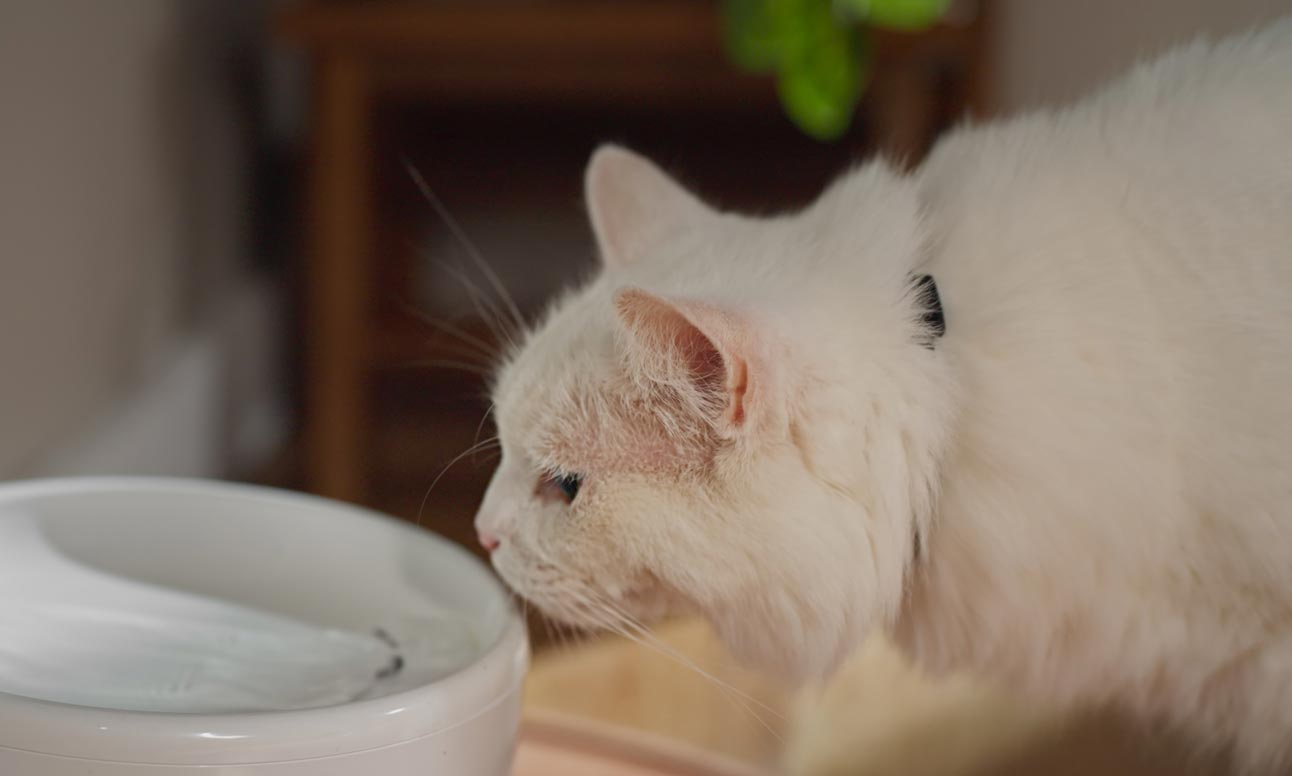
Photo by Chewy
Sometimes, constipation can be caused by a serious underlying cat health issue, such as kidney disease or a defect in the colon or rectum. These issues need veterinary care, which is why Dr. Ward doesn’t recommend home remedies for a constipated cat.
But if you know your cat’s occasional straining isn’t caused by something else, or just want to help your cat maintain a healthy digestive tract, there are some things you can do yourself. (Always talk to your veterinarian first about any at-home remedies you’re thinking of trying.)
- Keep your cat well-hydrated. Water helps move things along, so make sure your cat gets enough water by providing water bowls or cat water fountains.
Recommended Products
- Feed wet/canned food. The extra moisture in wet cat food can help increase your cat’s water intake.
Recommended Products
- Give your cat enough fiber. Fiber helps food pass more easily as well as retain water in the intestines.
Recommended Products
- Encourage your cat to get more exercise. More activity can help promote the normal movement of the intestines. (Get out those wand toys!)
Recommended Products
- Keep your cat at a healthy weight. Obesity can contribute to constipation.
- Reduce stress and anxiety. Cats can easily become stressed by changes in their environment, which can contribute to or exacerbate an occasional bout of constipation. Talk to your vet about calming remedies, like pheromone diffusers or calming supplements.
Recommended Products
- Reevaluate your cat’s litter box setup. Cats can be picky about their “bathroom.” If they don’t like the location, if the box isn’t cleaned enough, or if several cats are using the same box, they might avoid using it altogether. You should have one litter box for every cat plus one extra. Keep them in different locations of the home, scoop twice a day, and do a deep cleaning every two to four weeks.
Recommended Products
- Consider probiotic supplements. They contain “good bacteria” that support healthy intestines.
Recommended Products
Recommended Product
Cat Constipation Diet
Depending on the cause of the constipation, veterinary diets with varying amounts of dietary fiber types (soluble and insoluble) can help treat constipation or prevent its recurrence, Dr. Ward says. (Therapeutic diets need authorization from your vet.)
Additionally, your vet may recommend feeding your cat canned wet food, as the increased water content helps improve hydration and soften the feces. Also give your cat access to plenty of fresh, clean water.
Below are a few highly rated therapeutic diets formulated with more fiber to help with constipation. Before switching to a new diet, be sure to speak with your vet as they are in the best position to recommend the most appropriate food for your pet. And remember, these therapeutic diets require a vet’s authorization.
Recommended Products
What Not To Give a Constipated Cat
While it might be tempting to treat your constipated cat yourself, there are things you just should not do:
- Never attempt to give your cat an enema or suppository yourself, especially those not specifically formulated for cats. Some ingredients can be toxic or even fatal for your cat. You could also accidentally damage the sensitive tissue of the colon if you’re dealing with a fidgety cat. These treatments should be done by a veterinarian.
- Don’t give your cat milk for constipation or anything else. Adult cats are lactose intolerant, so milk could cause further tummy issues like vomiting, diarrhea, and belly pain.
- Don’t use oils (like olive oil, coconut oil, or even butter) for a constipated cat—it’s not recommended. The high fat content isn’t healthy for your cat.
What To Do for a Constipated Kitten
Kittens can become constipated for a variety of reasons, including dehydration, parasites, improper diet, blockages (foreign bodies like small toys or feathers), and congenital defects.
As with adult cats, take your kitten to the veterinarian to rule out any medical conditions. The remedies used in adult cats can also be used for kittens, but check with your veterinarian before you start any of them.

